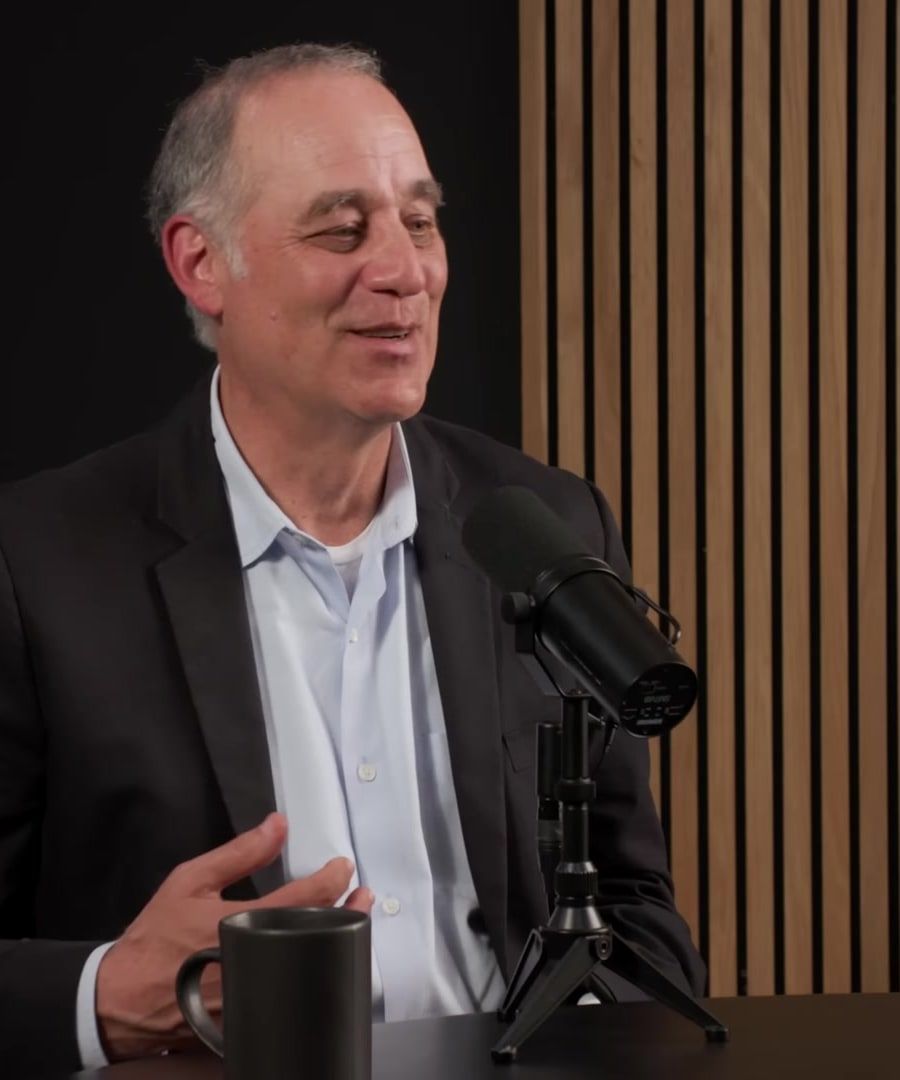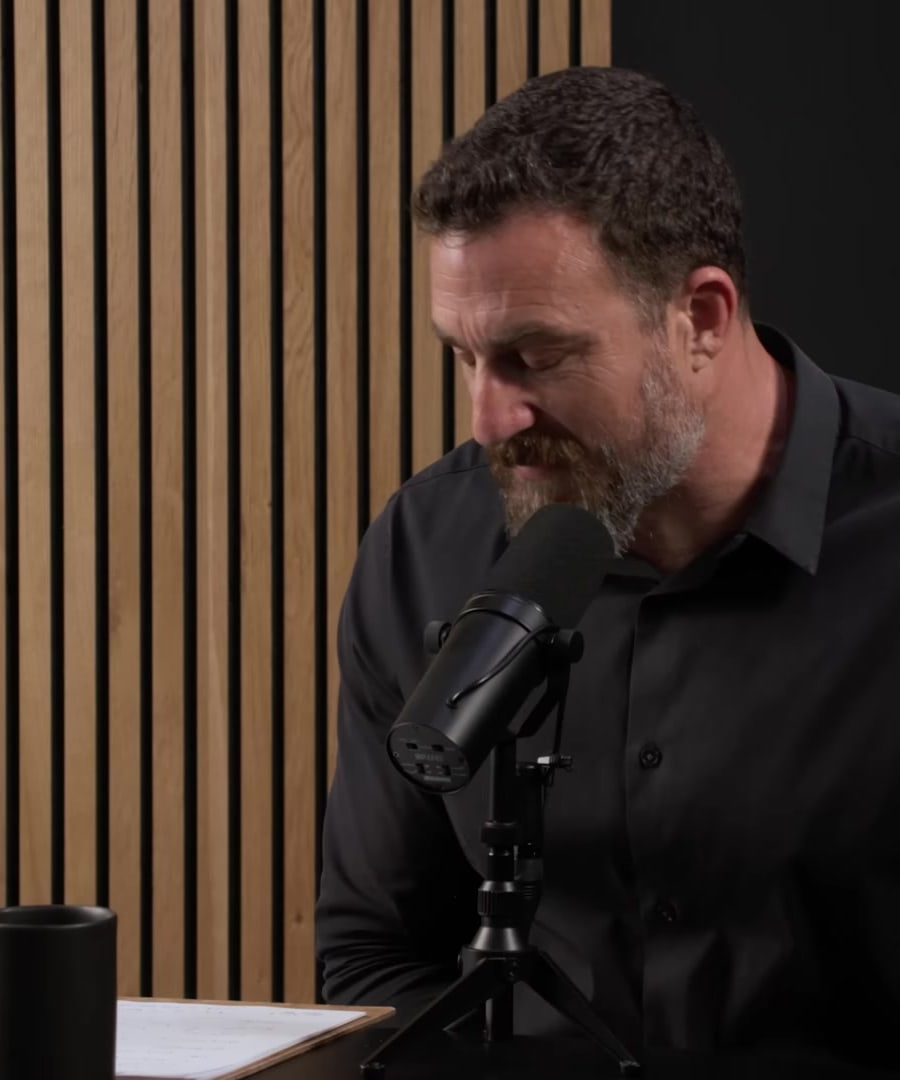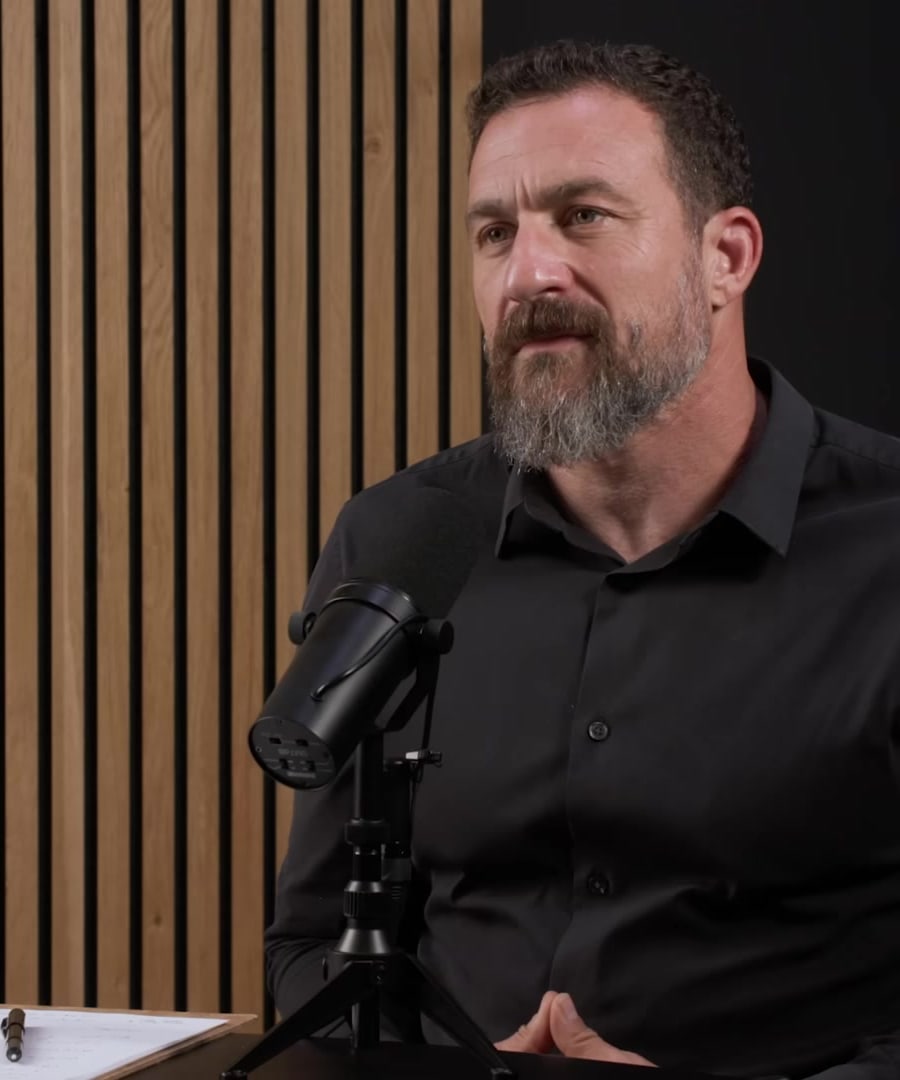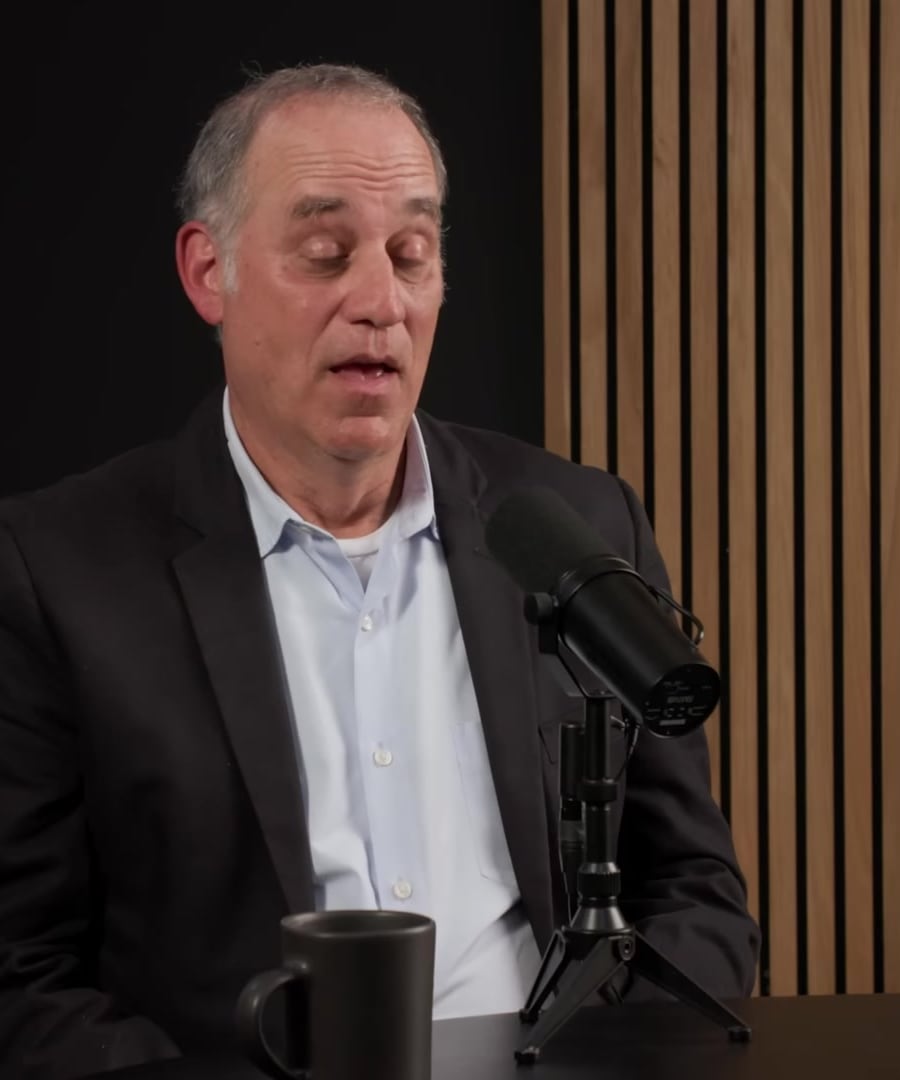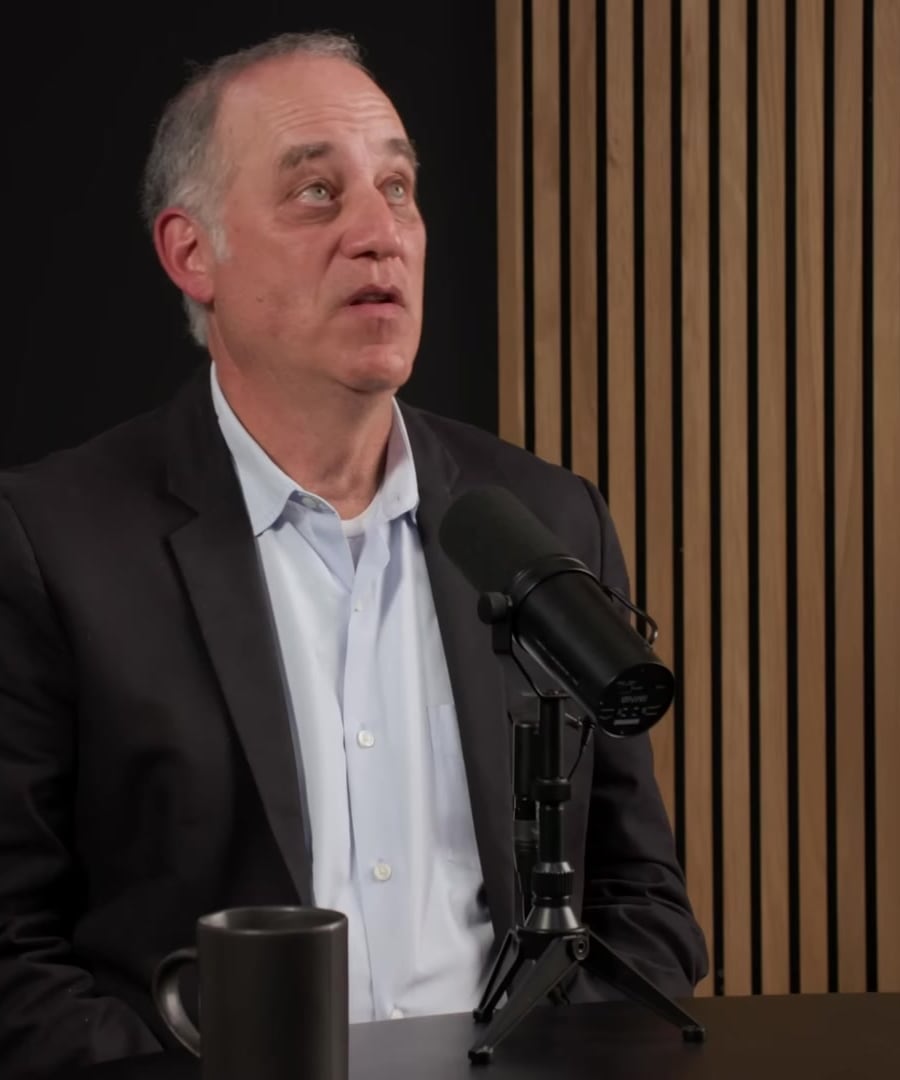Summarize Dr. Mark D'Esposito: How to Optimize Cognitive Function & Brain Health
Sources:
In the , , a Professor of Neuroscience and Psychology, and discussed several key elements for optimizing brain health and cognitive function. Here are some highlights:
-
Learning and Cognitive Exercise: They explore the benefit of continuous learning, such as reading historical literature and fiction, to boost cognitive health and create cognitive richness. Engaging in intellectual stimulating activities is important for maintaining brain health 1.
-
Impact of Technology on Brain Functions: Concerns about the rules our brain learns when using smartphone algorithms and social media were expressed. They consider that the fast-paced, multitasking nature of these platforms might not translate to benefits in other life areas, potentially having neutral or negative effects on cognitive development 2.
-
Decline of Traditional Skills: The conversation highlighted potential drawbacks of an overreliance on digital devices, such as smartphones, for navigation and problem-solving, which may undermine traditional cognitive abilities 3.
-
Medical Decision-Making: Despite providing easy access to information, smartphones might not enhance our critical decision-making abilities in high-stakes situations, such as medical emergencies. It was discussed that relying on what's stored in our brains might often be more critical than what can be accessed on a phone 4.
-
Concussion Recovery: described disrupted sleep as a common symptom post-concussion and its implications for brain recovery. He suggested a gradual return to regular activities and highlighted the need for cognitive interventions, like goal management training and brain training tools such as Brain HQ, to support the recovery process 5.
The episode also addressed the importance of debunking myths about neuroplasticity, noting that cognitive abilities can be developed at any age with focused work.
-
Summarize Dr. Mark D'Esposito: How to Optimize Cognitive Function & Brain Health
